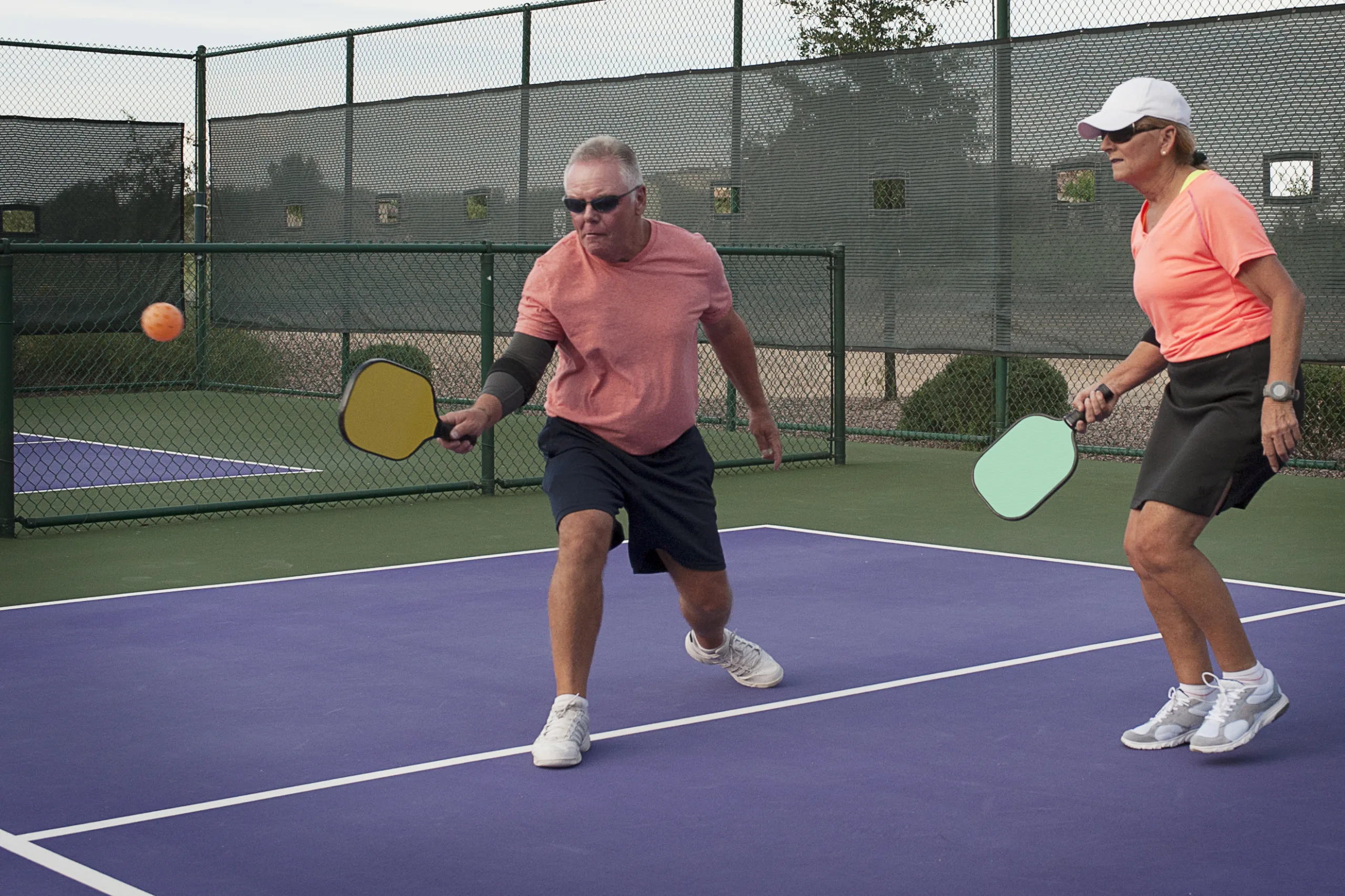If you’re over 50, you’ve probably had a few restless nights, and you might have even blamed it on “getting older.” While some changes to sleep patterns are a natural part of aging, chronic insomnia—struggling to fall or stay asleep at least three nights a week for three months or more—is not. In fact, a recent study published in the journal Neurology suggests that chronic insomnia isn’t just an inconvenience; it might be a significant risk factor for cognitive decline.
Your Brain on Insomnia
Researchers at the Mayo Clinic tracked participants for an average of five and a half years, asking about their sleep habits and giving them memory tests and brain scans. The results were a real wake-up call: people with chronic insomnia had a 40% higher chance of developing mild cognitive impairment (MCI) or dementia.
To put that in perspective, the study’s lead author, Dr. Diego Z. Carvalho, noted that this increased risk is equivalent to 3.5 extra years of brain aging. Yes, you read that right—your brain could be aging faster than the rest of you. The study also found that those who slept less had more of the dreaded beta-amyloid plaques and white matter hyperintensities, which are physical markers linked to Alzheimer’s and other types of dementia.
The Sleep-Dementia Connection
Dr. Christopher Allen, a sleep medicine physician, says this study confirms what many experts have suspected: that sleep problems don’t just make you tired; they can actively harm your brain. “Long-standing insomnia is more than just ‘feeling tired,’” he says. “It can track changes in attention, memory, and processing speed over time.”
The good news is, unlike a bad haircut or a case of the Mondays, this is a modifiable risk factor. Insomnia is treatable, and getting a handle on it could be a key part of your “brain health prevention” plan.
Don’t Just Lie There—Do Something About It!
You might think that poor sleep is just a part of life now, but it’s time to change that mindset. While your doctor may not always bring it up, you should. Your sleep health is as important as your blood pressure or cholesterol levels.
So, what can you do?
- Talk to your doctor. Don’t assume it’s a normal part of aging. Be proactive and bring up your sleep issues at your next appointment.
- Consider CBT-I. The “gold standard” treatment is Cognitive Behavioral Therapy for Insomnia (CBT-I). This isn’t just talk therapy; it’s a proven method to change the thoughts and behaviors that prevent you from getting a good night’s rest. While it can be hard to find, there are now online options and apps to help.
- Address other factors. Sleep apnea, high blood pressure, and even hearing loss are all linked to poor brain health. Treating these conditions can also improve your sleep and, by extension, your cognitive health.
Dr. Megan Glenn, a clinical neuropsychologist, says that addressing modifiable risk factors—like sleep, blood pressure, and physical activity—could delay or prevent up to 45% of dementia cases. You don’t have to live with poor sleep. By taking control of your slumber, you can actively protect your most valuable asset: your mind.
Source:|
Chronic insomnia may raise dementia risk by 40%, lead to 3.5 years faster aging











